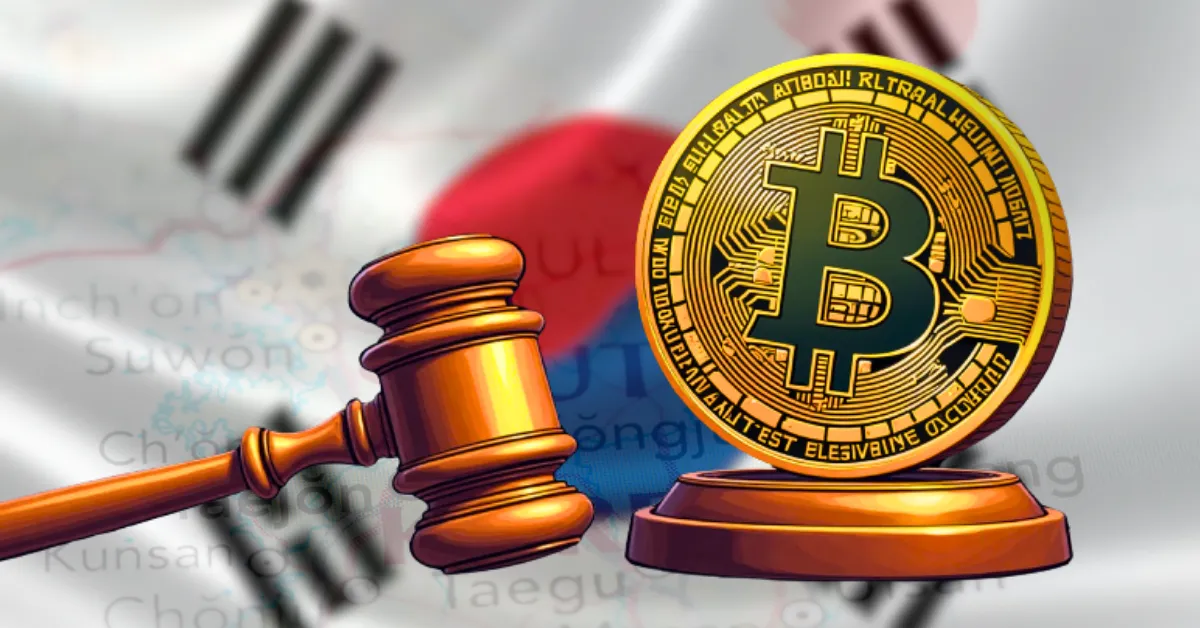
Crypto isn’t just a finance story in South Korea anymore, it’s turning into a major political issue. As the country heads toward its June 3 presidential election, the Democratic Party has placed digital assets at the heart of its campaign, forming a dedicated Digital Asset Committee to take control of regulation and reform.
The committee held its first meeting on May 13 at the National Assembly in Seoul, bringing together lawmakers, government officials, and top figures from local exchanges like Upbit, Bithumb, Coinbit, and Gopax. Its goal is clear: centralize crypto policymaking under the president’s office. Lawmaker Min Byeong-deok, who chairs the group, said the structure is meant to drive real policy, not just discussions. The committee is already at work drafting key legislation, including the much-anticipated “Stage 2 Bill” that will shape South Korea’s digital asset framework.
Committee Chairman Min Byeong-deok also criticized the country’s current “one exchange, one bank” system, calling it limiting for crypto businesses. The group plans to work with regulators to update this framework and explore whether stablecoins should require licensing or simple reporting.
Two core divisions are leading the charge, one focused on tech innovation, the other on building regulatory systems. Four subgroups will cover user protection, legal reform, industry growth, and external cooperation.
One of the major discussion points is stablecoins, especially those pegged to the Korean won. Democratic Party candidate Lee Jae-myung is pushing for quick market entry, even proposing a won-linked stablecoin. But memories of the Terra-Luna collapse are still fresh, and critics are calling for caution.
There’s still no clear answer on whether stablecoins should require a license or just registration. Even the question of who should oversee them, the Bank of Korea or the Financial Services Commission, remains unresolved. Min acknowledged that current banking partnerships with exchanges are limiting growth and need reform.
The Bank of Korea has made its stance clear. Just before the committee’s debut, BOK officials insisted they must have the final say on KRW-based stablecoins. The central bank warned that excluding them from early-stage discussions could destabilize national monetary policy. Koh Kyung-chul from the BOK’s electronic finance division called for legal frameworks that protect financial stability before innovation.
With over 16 million South Koreans in crypto, the upcoming election is turning into a digital finance showdown. Lee Jae-myung aims to boost innovation and prevent capital flight, while Kim Moon-soo backs public fund investment and regulatory reforms. Crypto is now a central issue shaping South Korea’s financial future.
A group formed by the Democratic Party to centralize crypto regulation and drive digital asset policy under the president’s office.
Currently split, but new proposals aim to centralize crypto oversight, possibly under the president or Bank of Korea for stablecoins.
It’s a major upcoming law to define South Korea’s digital asset framework, covering regulation, innovation, and user protection.
Ethereum has skyrocketed over 70% since July 1, adding $150 billion to its market cap.…
XRP jumped to $3.62, crossing its recent peak of $3.40, after the U.S. House of…
Ripple Labs-backed XRP rallied over 11 percent in the last 24 hours to hit a…
The United States House of Representatives has passed all three crypto bills—the Clarity Act, the…
The Dogecoin (DOGE) network is gradually heating up with bullish activities following the recent Ethereum…
Altcoin giants under $1 are flashing breakout signals, backed by news, on-chain surges, and explosive…